While continuity is important to make a strong team that will last, once it is proven something doesn’t work or a limit can’t be surpassed, change is inevitable. This is especially true in esports like Dota 2, where even implementing a limit and penalty for roster swaps doesn’t stop player movement from happening in an effort to improve—even if the cost is steep.
That type of roster move varies from team to team but is viewed by many, including Tundra Esports’ captain Sneyking, as a “necessary evil.”
“We have been swapping players in and out with stand-ins and having people be able to take breaks,” Sneyking told Dot Esports. “This is something we discussed extensively to try and help those who need breaks be able to get them while Tundra as a team is still able to participate in as many tournaments as possible. Obviously, this situation isn’t ideal for the rest of the players who are playing with stand-ins, but it is a necessary evil so that the team is better prepared for LAN events.”
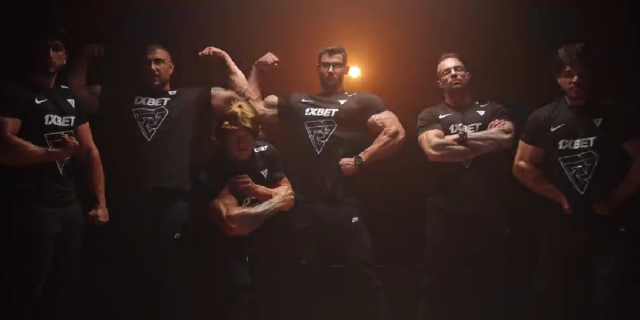
That is not a common approach since most teams in the past would either decide to keep playing until they find success or hit the eject button to replace a player or two in hopes of finding results with a new rotation.
After winning The International 11 last October, Tundra have been open to discussing how burnout impacted practice and their performance this season, leading to the team using their increased focus on sports psychology within Tundra to get creative in how they would deal with that threat to defending their title at TI12.
Related: Dota 2 is 10 years old and going stronger than ever
This involved accommodating more rest following a disappointing run at the Lima Major in March, which clearly helped them over the next several months as Tundra improved their placements and finished in the top five at both DreamLeague Season 19 and the Berlin Major.
DL20 and the Bali Major saw the stand-in element come into play, with the reigning TI champs needing to adapt to different lineups on the fly due to factors like a medical issue mid-Major. It didn’t seem to affect the team much considering their third-place finish, and Aui_2000 stepping back into the game kind of gave off Ceb vibes from OG’s Stockholm Major win last season.
“My role as captain has mostly been focused on just drafting and overall gameplay,” Sneyking said. “I try my best to incorporate the specialty of each and every one of our teammates into what I think is the ideal gameplay. This is still true for the games we were playing with our stand-ins.”
It is unlikely Tundra’s approach, even if they do manage to repeat at TI12, will be enough to shift Dota from being a game of “blowing it up” after lacking results—another factor that differs between organizations.
Some squads like Team Spirit or Shopify Rebellion will make one key change to get a fresh look at rosters with deep history together. Then there are sudden implosions like Team Aster signing SumaiL in May and then breaking up a legendary Chinese support duo after more than 1,700 games together in their career after Bali, completely changing the team’s identity.
There has seemingly been an increase in the number of teams willing to swap player roles rather than punt on a lineup if it fails to perform this season. But with TI regional qualifiers hitting at the end of August, get ready to see that quickly change back to a talent grab for anyone without a direct invite and questionable recent results.
We’re looking at you, the entirety of WEU.


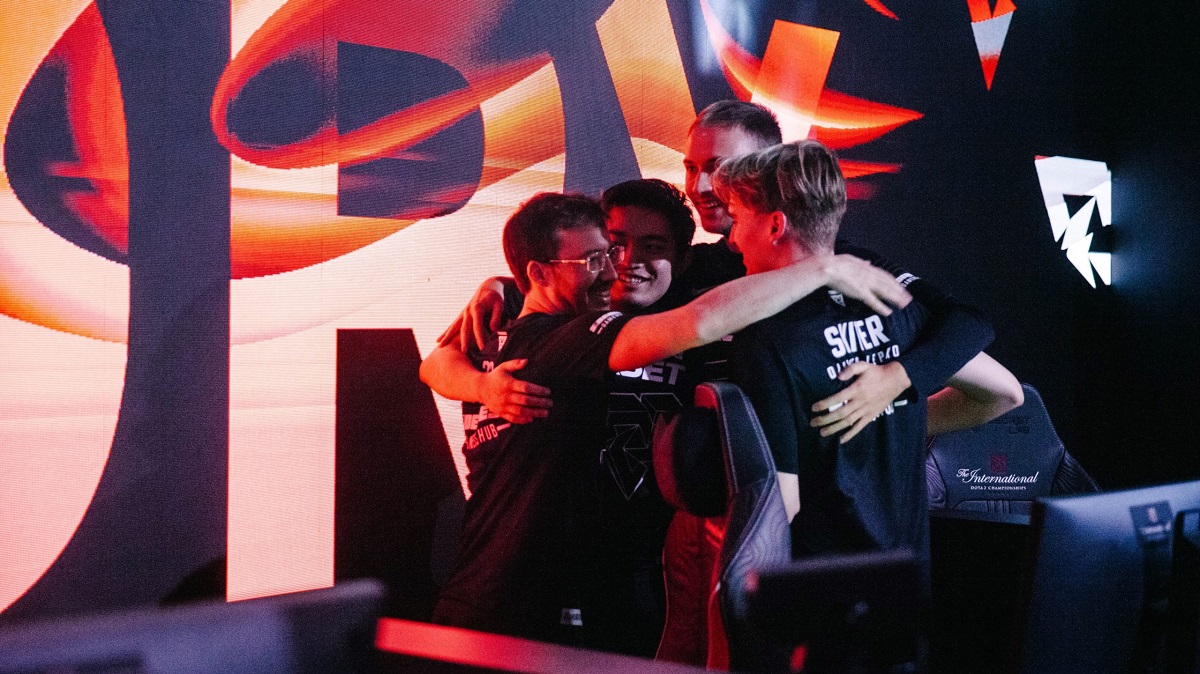
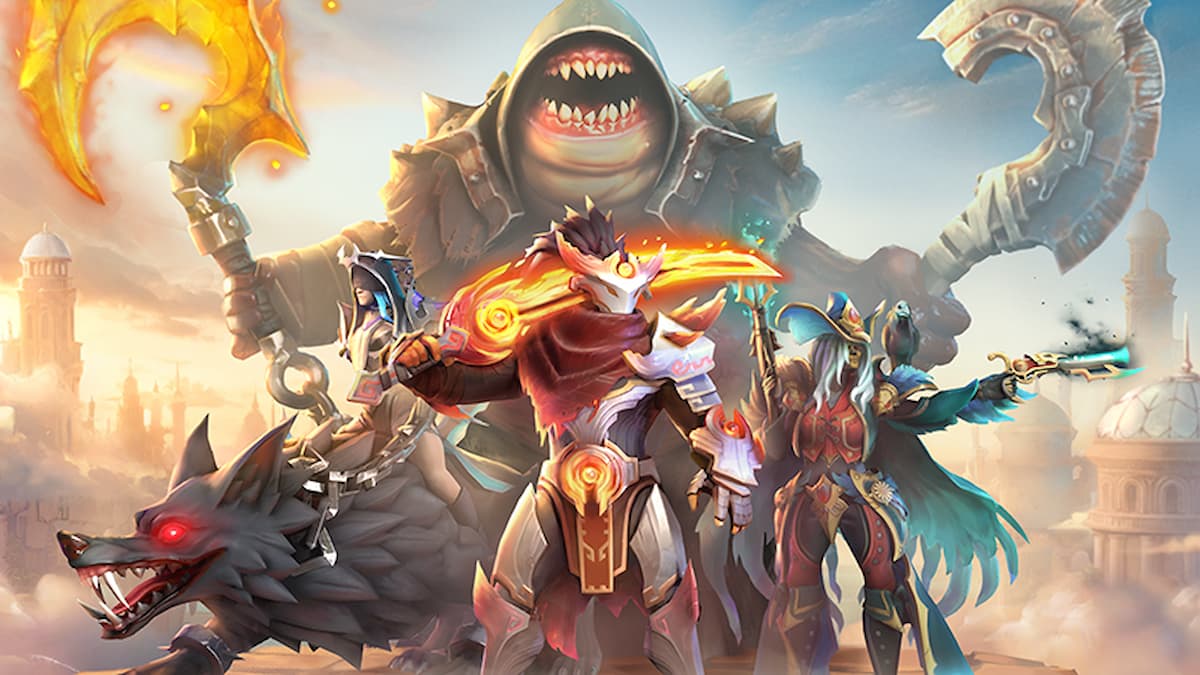


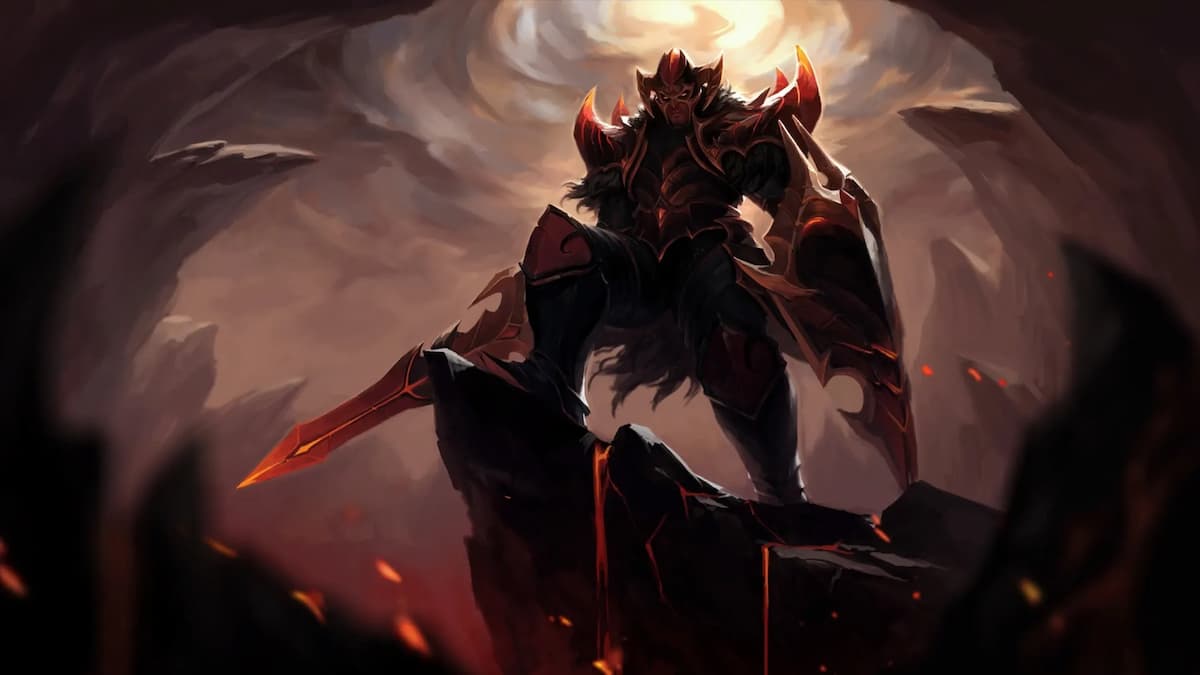
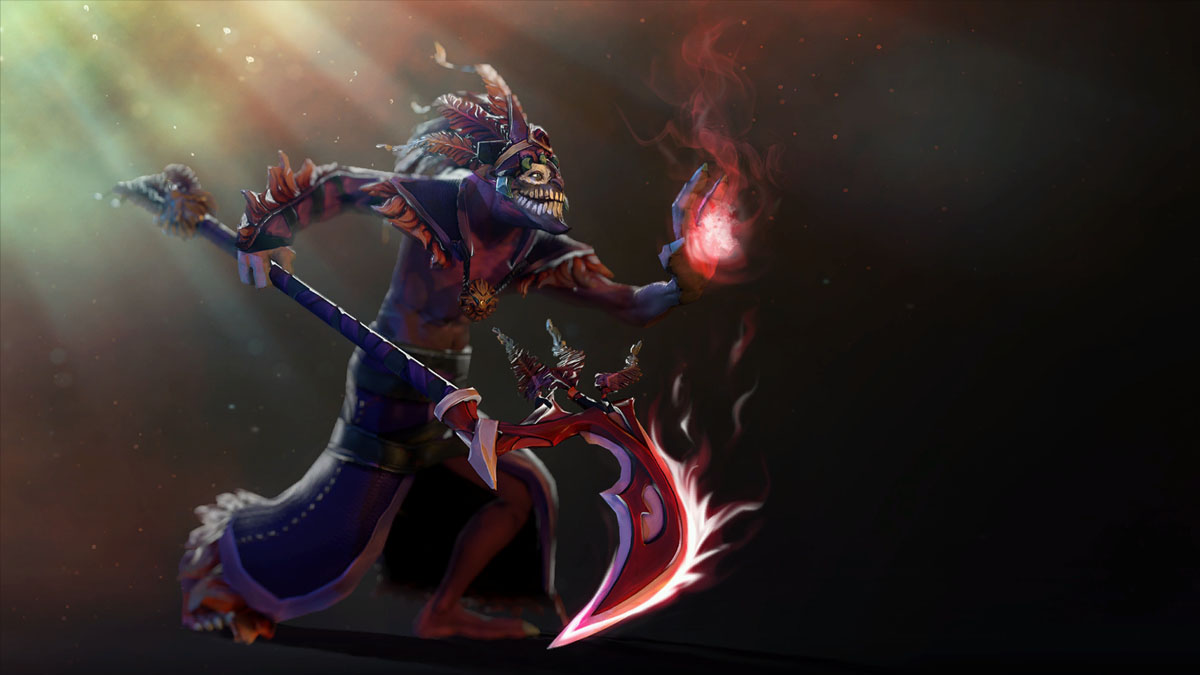

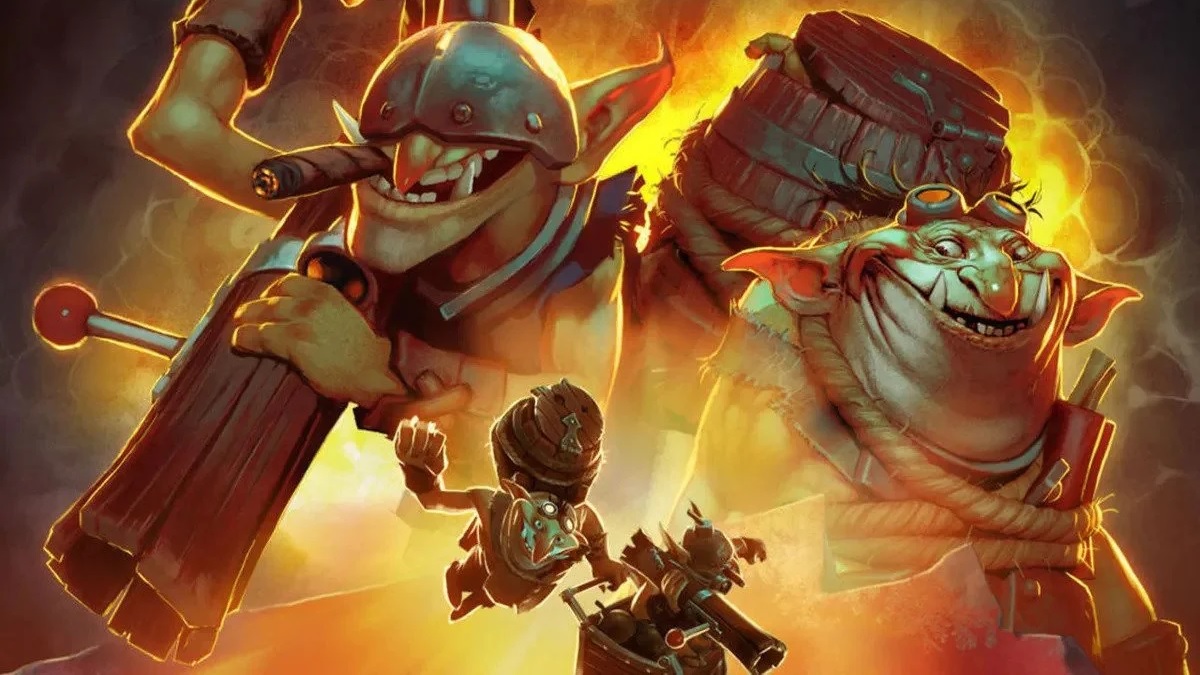
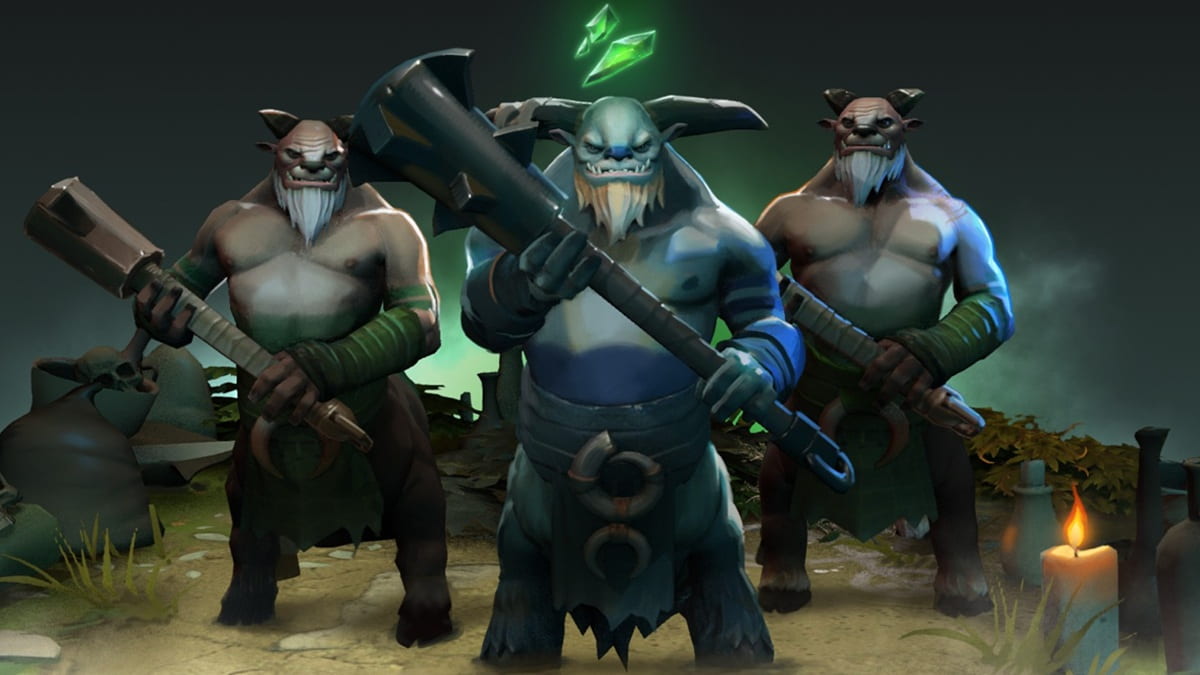
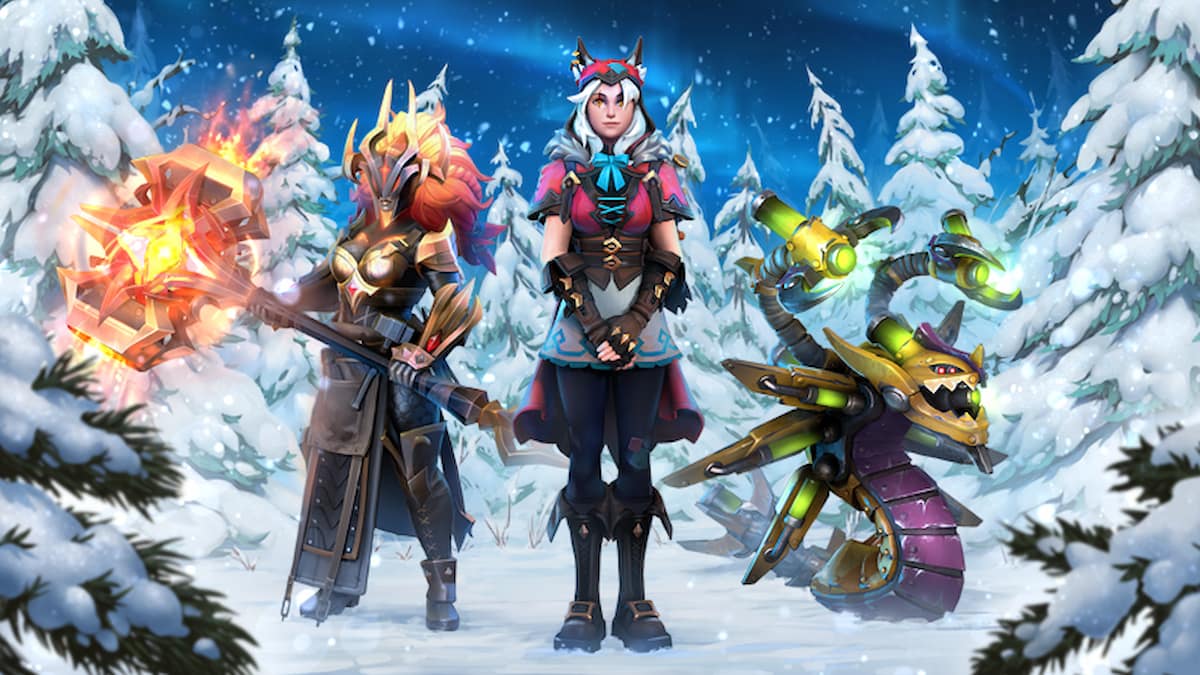

Published: Jul 11, 2023 10:47 am